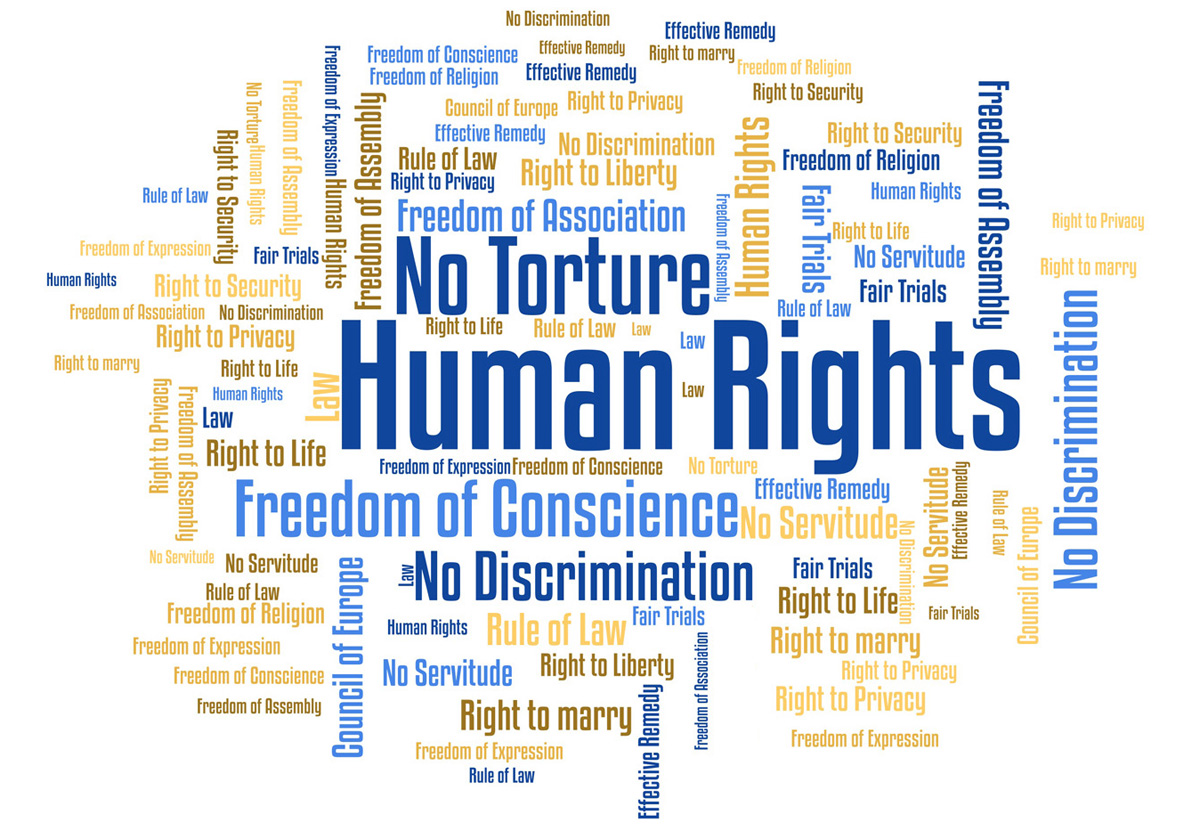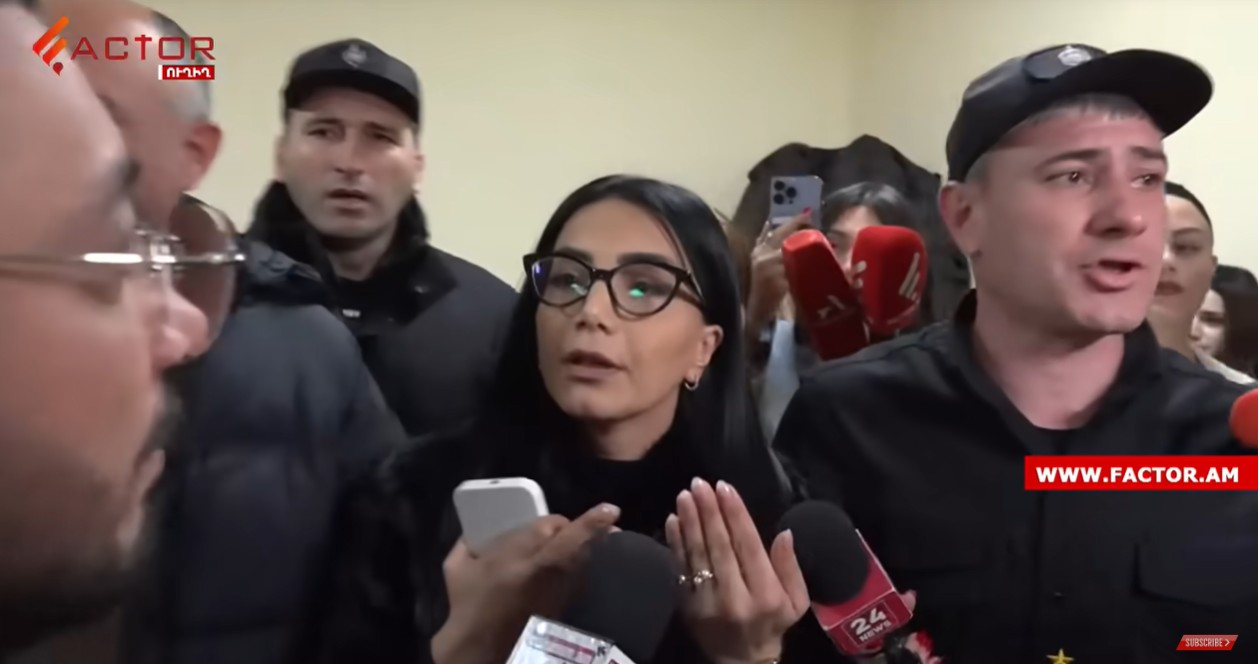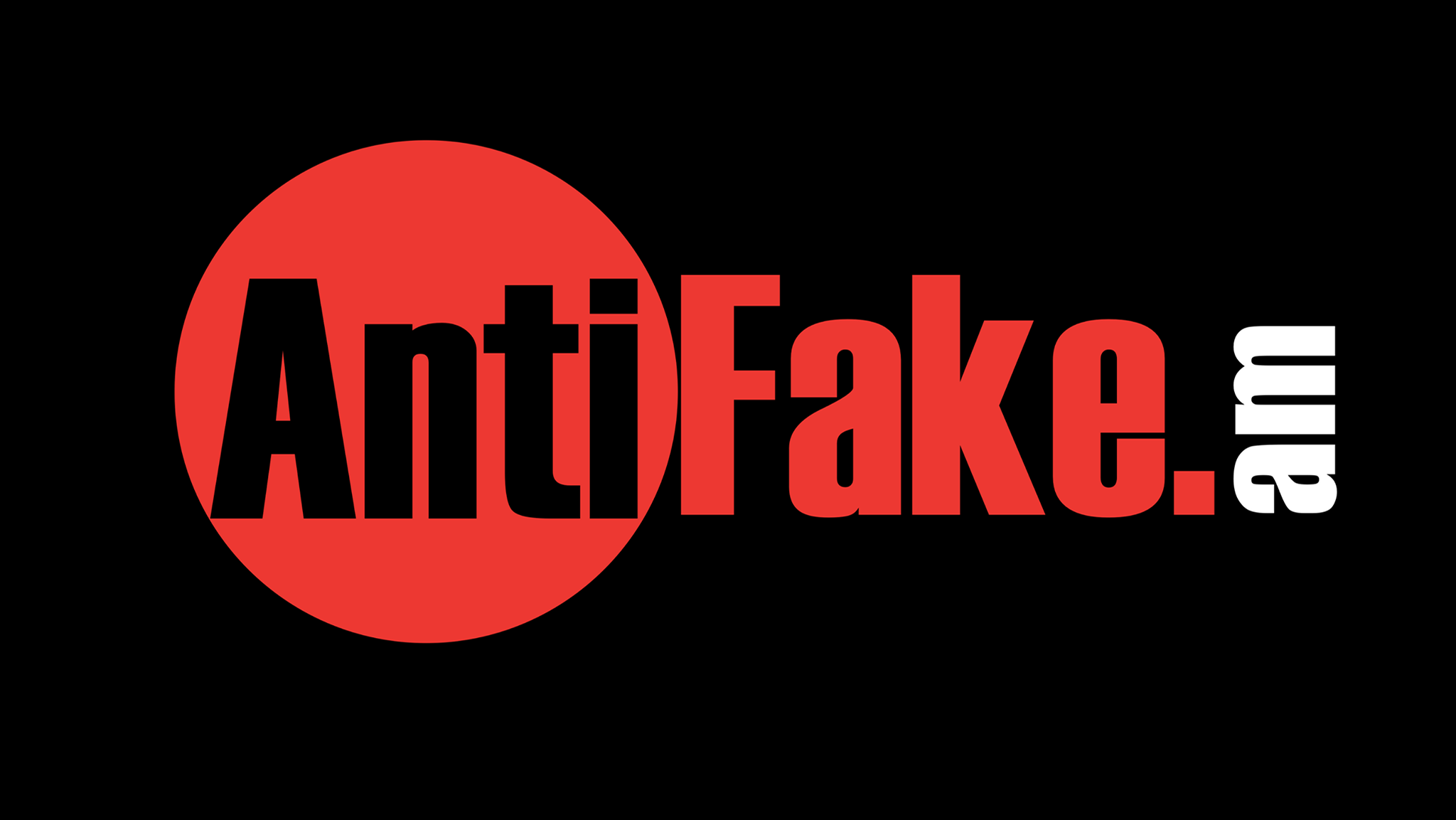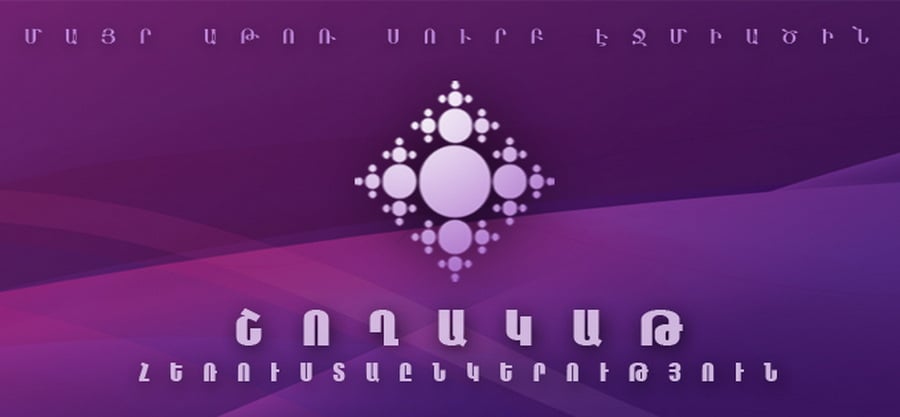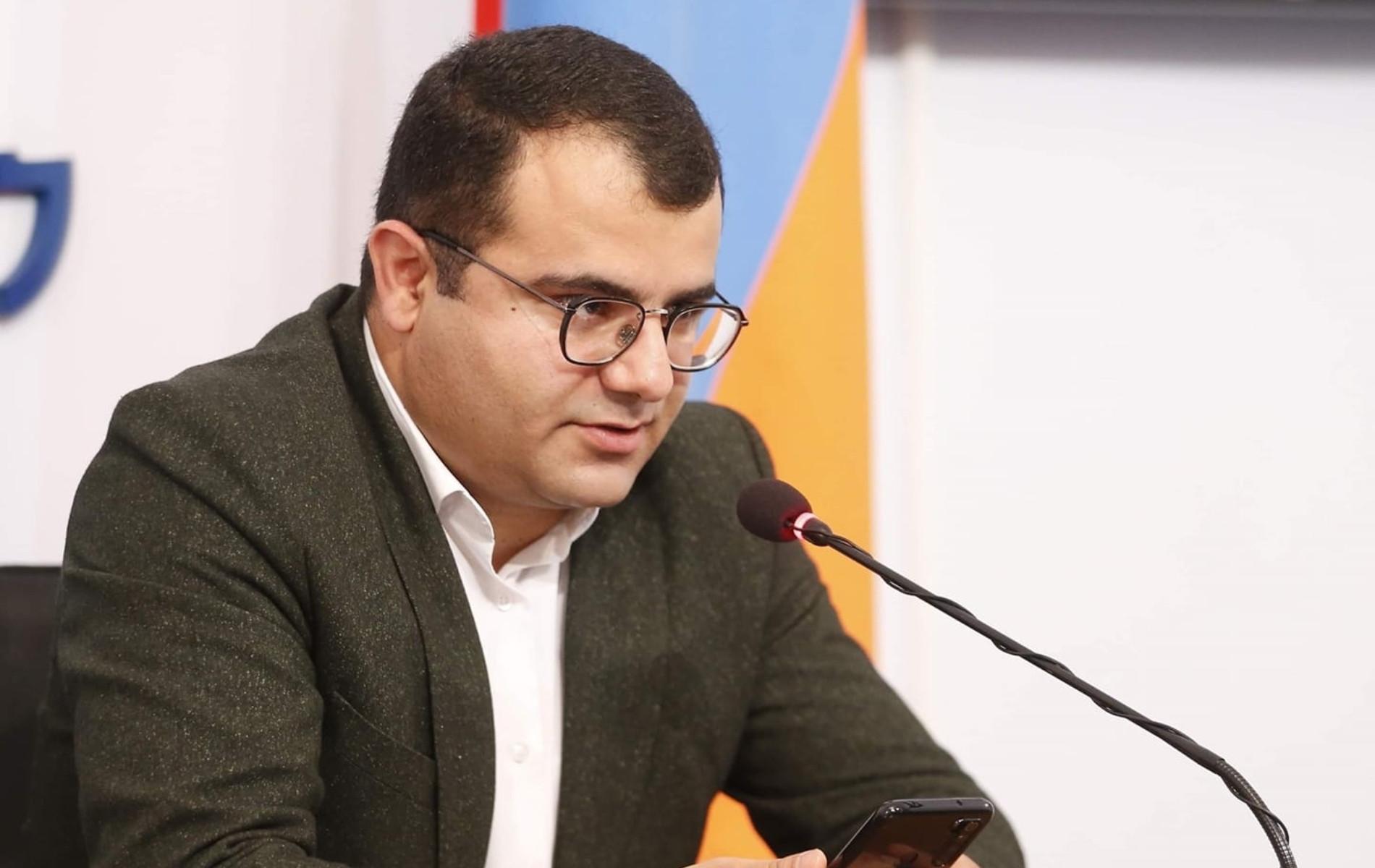The results of the study “Manifestations of Discrediting of the European Values in the Media” conducted by the Committee to Protect Freedom of Expression (September 2019-April 2020) were taken ambiguously by some of our Armenian media partners. They wonder why we have paid attention to the publications that discredit the European values, and not, say, Russian, Chinese or Armenian ones.
It is clear what values Europe is based on – freedom and democracy․ These include respect for individuals and their dignity, equality, rule of law and protection of human rights, including the rights of minorities, pluralism, non-discrimination, tolerance, justice, solidarity and equality between men and women. Aren’t these values acceptable also for Armenians, Russians and Chinese?
Of course, manipulation can always be executed by identifying the European values with same-sex marriages or gender reassignment, already touched upon by us in our publications. While our study was aimed at revealing the distortions of facts, which is directly related to journalistic ethics and conscientious presentation of information.
Here are some examples that we have not discussed in our previous publications. Throughout the study, one could note the explicit goal of some media to present the current authorities as Europe’s protégés. Thus, on “Yerkir Media” TV channel, the thesis that Pashinyan was brought to power by external forces, including the European ones, is presented in the following way: this has been done by geopolitical centers with an objective to resolve the Karabakh problem in line with their scenario. Such a view was expressed by the co-founder of “Adekvad” union Konstantin Ter-Nakalyan in the February 21 issue of “Yerkri Harts” (“Issue of the Country”) programme, which was rerun on February 25.
The other thesis is as follows: since the domestic political problems of Armenia are often linked to relations with European structures, the opponents of Nikol Pashinyan try to discredit both him and these structures. Thus, “Tert.am” online media, which is part of a media holding owned by four former deputies from the Republican Party, on February 7 published the Facebook post of civic activist Artur Danielyan, who wrote: “Nikol Pashinyan exists thanks to PACE (Parliamentary Assembly of the Council of Europe – CPFE). PACE is the reason Nikol is not sentenced to life imprisonment.” Moreover, according to the activist, Pashinyan will become the reason for the demoralization of PACE, since this organization, apart from formal condemning statements, will take no other action against him.
Although these arguments have no factual basis and are devoid of an elementary logical connection, they are used with the expectation that they might have influence on an insufficiently informed part of the audience.
Here is another example as an apparent distortion of facts: “The European Union gives grants to the government of Nikol to bury the concept of “Armenian cognac” (“Iravunk”, March 20, 2020). In fact, the conditions for the supply of “Armenian cognac” to the European market have been discussed for several years, and the problem is that “cognac” as a brand is French and corresponds to the geographical name of the town in France. At the same time, “Armenian cognac” is a brand for Armenia as well. This issue is regulated by the Lisbon Agreement for the Protection of Appellations of Origin and their International Registration, as well as the Agreement on Trade-Related Aspects of Intellectual Property Rights adopted by the World Trade Organization, joined also by Armenia. Hence, linking this process with the RA present government is lack of conscientiousness, to put it mildly.
After all, if the distortions of facts on the European theme are not intentional, and there is a desire to verify the reliability of the information received, then with modern technologies it can be easily checked. At the same time, it must be assumed that with the spread of media literacy, more and more people master the skills of fact-checking, and when half-truths or knowingly false information are discovered, the audience stops or, at least, starts to trust less certain media. The same goes for references to anonymous (presumably non-existent) sources. It should be noted that expressions such as “to our knowledge”, “as we have learned”, etc. used in a number of media studied, significantly reduce the credibility of the information published.
COMMITTEE TO PROTECT FREEDOM OF EXPRESSION

